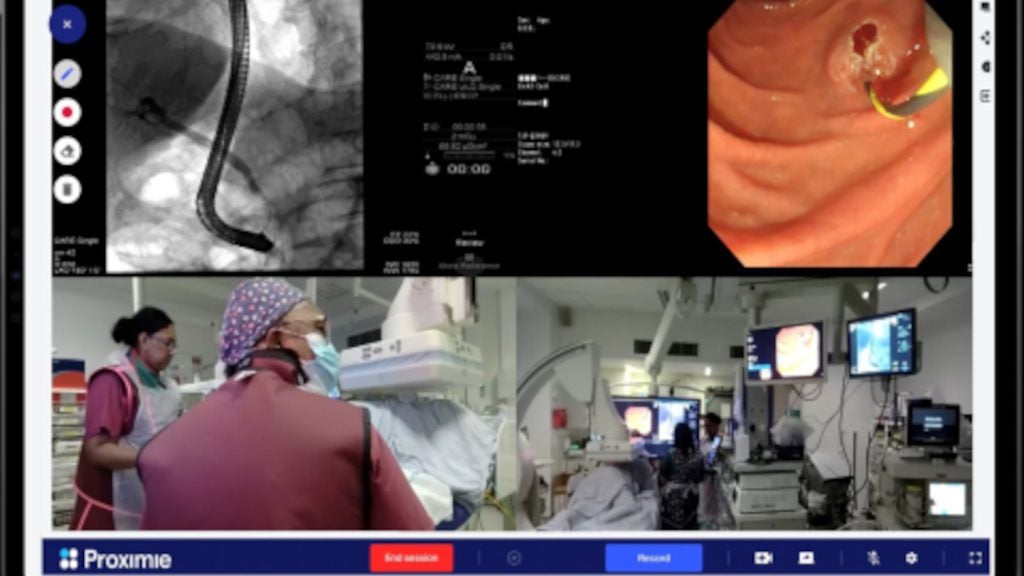The COVID-19 pandemic has led to either cancellation or postponement of approximately 28 million elective surgeries during the peak infection period, according to the World Economic Forum.
Verdict has conducted a poll to assess when elective procedures should be allowed to be performed again, as a result of COVID-19.
Analysis of the results indicates that allowing the procedures as soon as possible is demanded.
A majority 38% of the poll respondents opined that elective procedures should be allowed to be performed again immediately, while 25% felt that a wait-and-see approach should be adopted and elective procedures should be allowed after a few months have passed.
Further, 19% of the respondents felt that elective procedures should be allowed to be performed after a year or more, followed by 18% who felt that the procedures should begin soon in a month or two.

How well do you really know your competitors?
Access the most comprehensive Company Profiles on the market, powered by GlobalData. Save hours of research. Gain competitive edge.

Thank you!
Your download email will arrive shortly
Not ready to buy yet? Download a free sample
We are confident about the unique quality of our Company Profiles. However, we want you to make the most beneficial decision for your business, so we offer a free sample that you can download by submitting the below form
By GlobalDataThe analysis is based on 139 responses received from readers of Hospital Management, a Verdict network site, between 01 May and 16 July.
Elective procedures during COVID-19
Elective surgeries cancelled or postponed during COVID-19 are expected to take a year or more to be performed, once allowed.
The backlog is anticipated to increase further as lockdowns and restrictions continue.
In the US, for example, elective procedures were resumed in May 2020 but postponed again as the COVID-19 cases continued to surge, says GlobalData.
Surgery volumes, however, are expected to reach 75% of the levels performed in 2019 by the end of Q3 2020.
Resumption of elective procedures will be based on a number of factors including COVID-19 infection levels, testing rates, and patient willingness, according to KPMG.
Delaying time-sensitive elective procedures such as cancer or transplants may deteriorate the patient health and quality of life leading to avoidable deaths. Based on the condition, elective procedures will be prioritised with less deferrable procedures being given higher priority, foresees KPMG.







